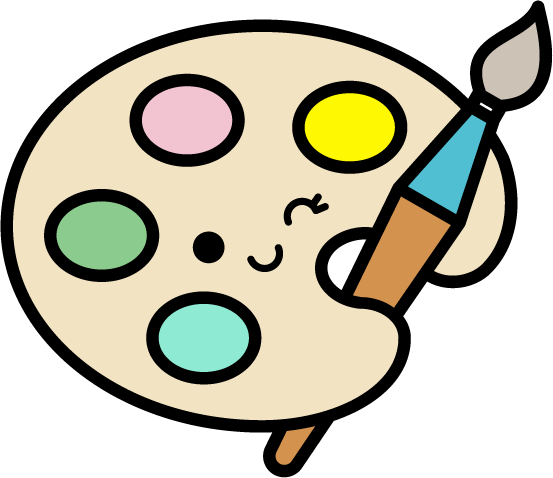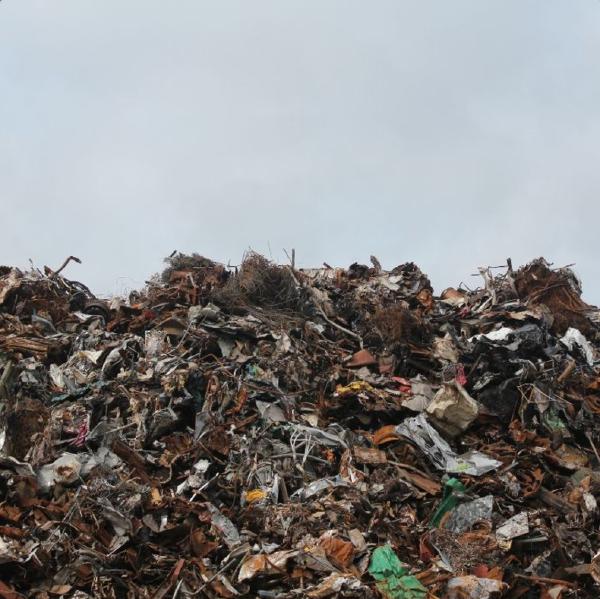
For 5 years, we’ve been giving £500 a month to a creative in the UK whose work we wanna see more of. Grant #061 goes to Matthew Elderton-Lewis, funded by Holly. Matthew is a composer from Essex.
Matthew’s work »»
The 61st recipient of the White Pube Creatives Grant is Matthew Elderton-Lewis! Matthew is a composer from Essex. We were enthused by the way Matthew’s work seems to exist in this medium of SOUND, as an abstract conceptual vehicle, as a material, as a way of exploring feeling and questions and tensions and things that maybe can’t find a way to be expressed neatly in language. Sound comes in to fill the gap. Matthew’s practice feels like this valuable thing, a conduit, a container. We are very pleased to be able to support his work in this way, and we hope this grant will be the first of many for him.
LINKS:
- Matthew’s website
- Find more work on Matthew’s Soundcloud
- & Youtube
- Follow Matthew on Instagram
the grant
This month’s grant is funded by Holly. If you wanna donate to keep the grant going, please email us (info [at] the white pube [dot] com) & please find previous grant recipients plus FAQs here

